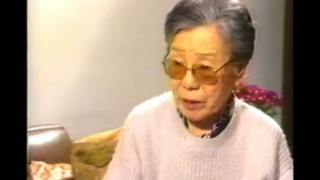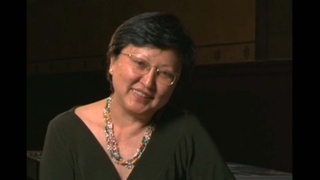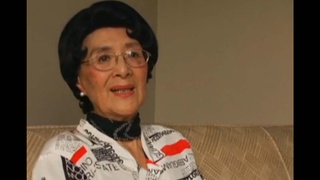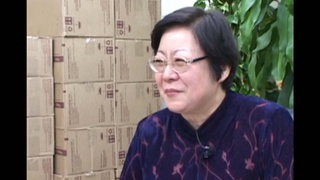Interviews
The Japanese government's mistaken assumptions about Japanese Americans
The Immigration Control Act was revised in June 1990, and next year will mark the 30th anniversary of this change. This was a time when second and third generation immigrants began to come to Japan in large numbers.
The Japanese government accepted them because they thought that second- and third-generation immigrants would be able to speak Japanese, have some understanding of Japanese culture, and be able to adapt to Japan quickly, but I remember being interviewed at the time and being asked what I thought about it, and I said something like, "If you think that Japanese people are the same as Japanese people, a mistake will occur."
That's exactly what happened. They thought they could speak Japanese, but they couldn't. And when they brought their children, they couldn't adapt to Japanese schools. So the Japanese Ministry of Foreign Affairs and the Ministry of Labor came to São Paulo and said that they needed an organization to educate Japanese people in Japanese, Japanese culture, Japanese laws, and Japanese customs before they went to work in Japan. So they talked to three organizations, the Cultural Association, the Prefectural Association Federation, and the Assistance Association, and they each selected five people to form a council, and I became the president of CIATE (Centro de Informação e Apoio ao Trabalhador no Exterior, Japan-Brazil Employment Service Center). I've been doing that for 27 years now.
Date: September 19, 2019
Location: California, US
Interviewer: Yoko Nishimura
Contributed by: Watase Media Arts Center, Japanese American National Museum





